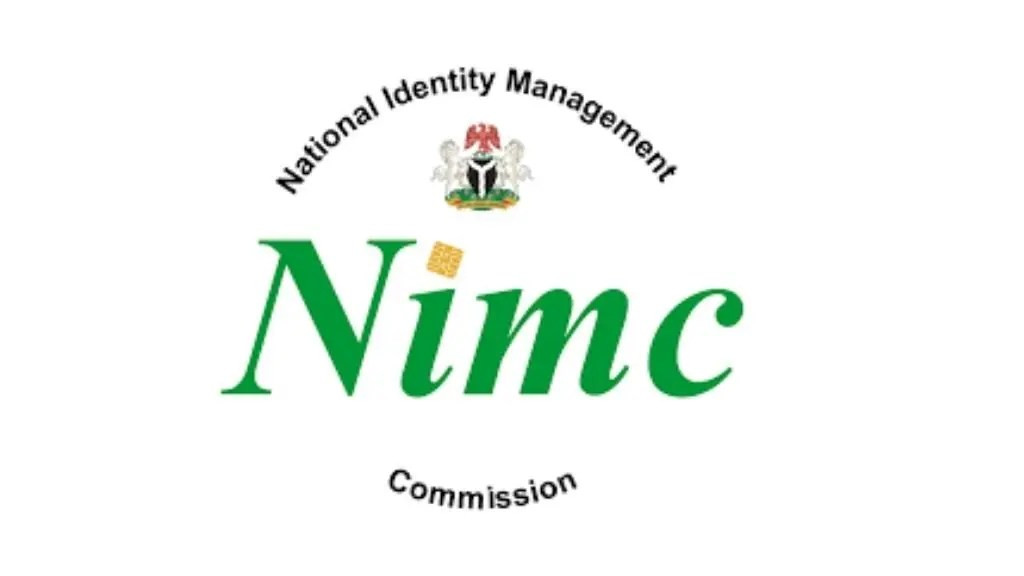
The National Identity Management Commission (NIMC) has debunked claims that hackers allegedly broke into NIMC server and stole over three million national identity numbers of Nigerians
Director-General of NIMC, Engr. Aliyu Aziz in a statement released on Tuesday January 11, said its servers were not breached but are fully optimised at the highest international security levels as the custodian of the most important national database for Nigeria.
Aziz also said they’ve gone great lengths to ensure the nation’s database is adequately secured and protected especially given the spate of cyber-attacks on networks across the world.
He said; “Over the years, through painstaking efforts, NIMC has built a robust and credible system for Nigeria’s identity database. The Commission and its infrastructure are certified to the ISO 27001:2013 Information Security Management System Standard which are revalidated annually.”
The NIMC DG who also assured the public that it will continue to uphold the highest ethical standards in data security on behalf of the Federal Government and ensure compliance with data protection and privacy regulations, added that the Commission does not use nor store information on the AWS cloud platform or any public cloud despite the usefulness of the NIMC Mobile App available to the public for accessing their NIN on the go.
The NIMC DG added; “The public should be aware that the possession of a NIN slip does not amount to access to the National Identity Database, but that the NIN slip is just a physical assertion of a person’s identity. Under the data protection regulations, no licensed partner/vendor is authorized to scan and store copies of individuals NIN slips but rather authenticate the NIN using the approved and authorized verification platforms/channels provided.
“As part of its policies to protect personally identifiable information stored in the National Identity Database, the public may recall that the Ministry of Communications and Digital Economy through NIMC launched the Tokenization features of the NIN verification service. This solution is to safeguard the personal data of individuals and ensure continuous user rights and privacy. ”




